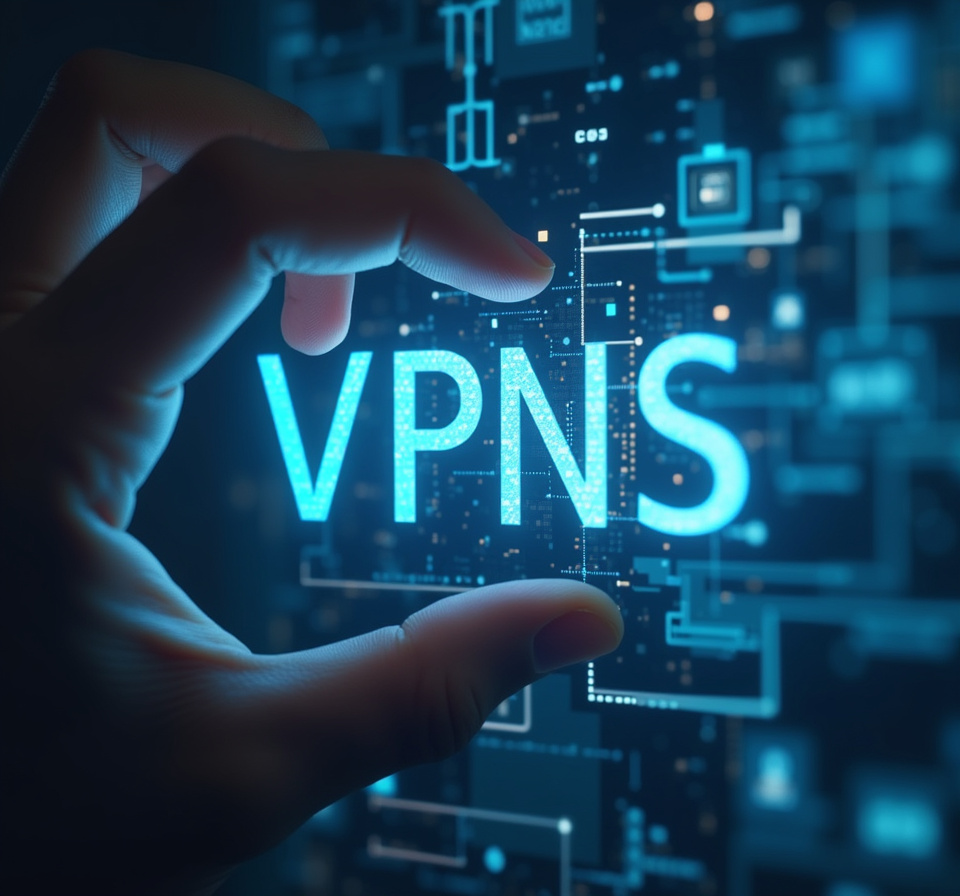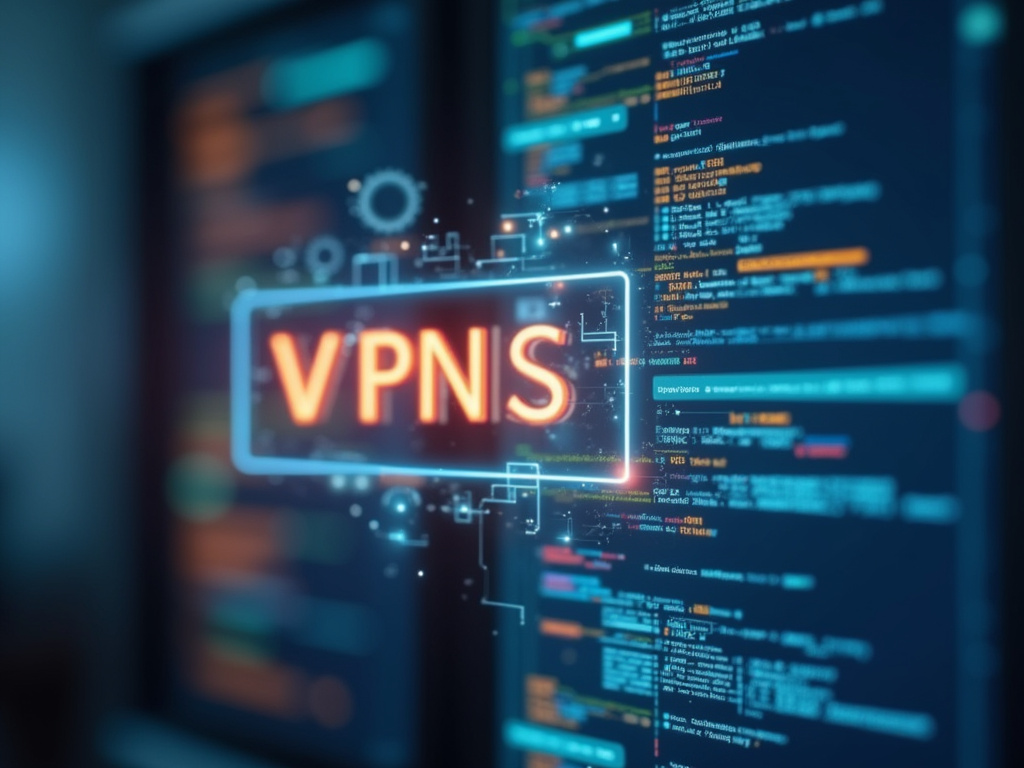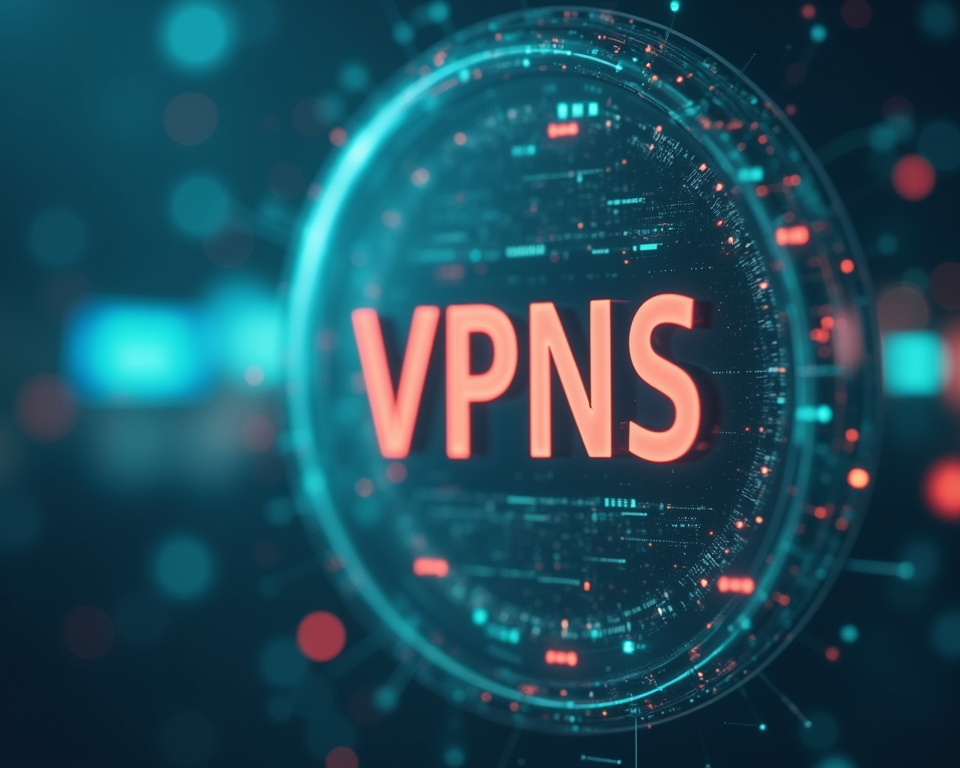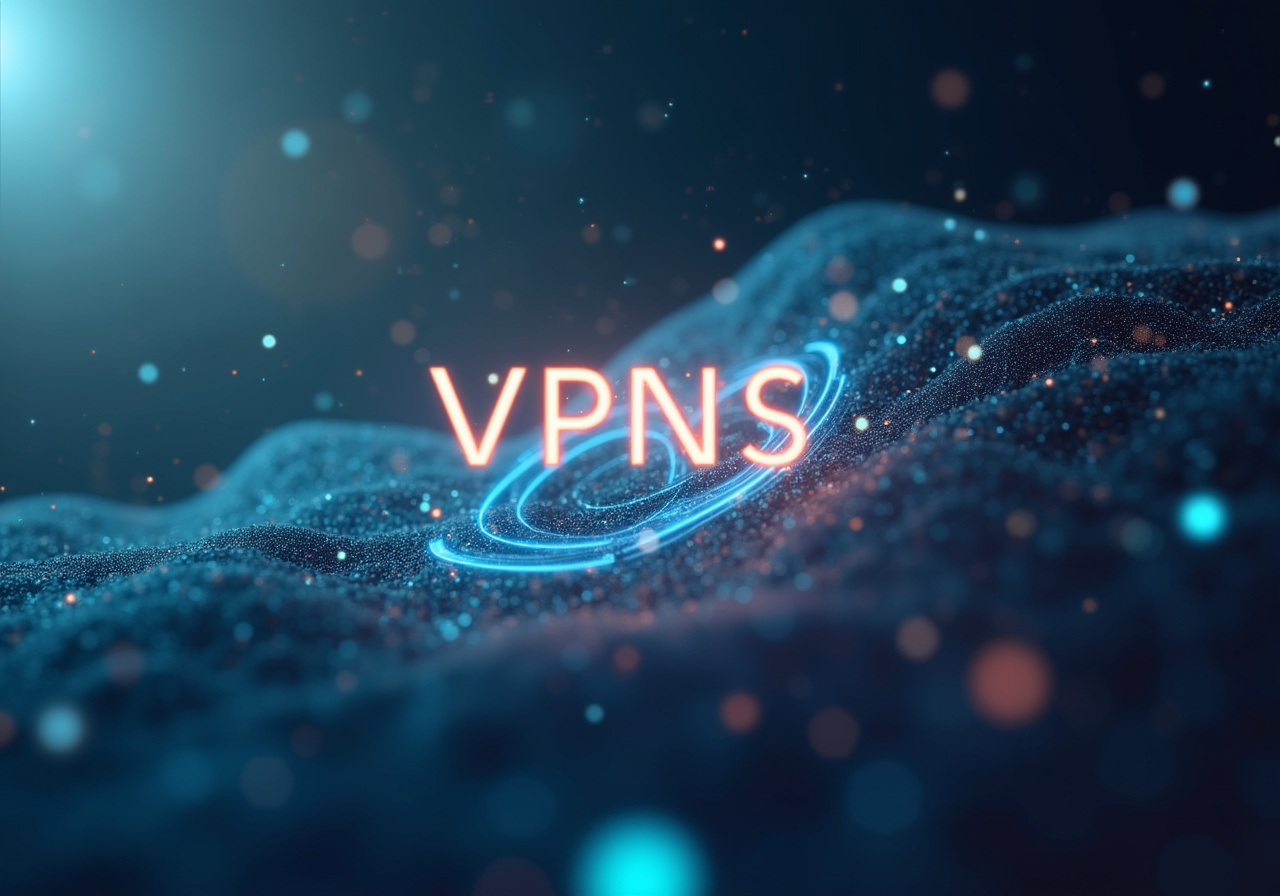VPNs for International Students: Navigating Internet Restrictions
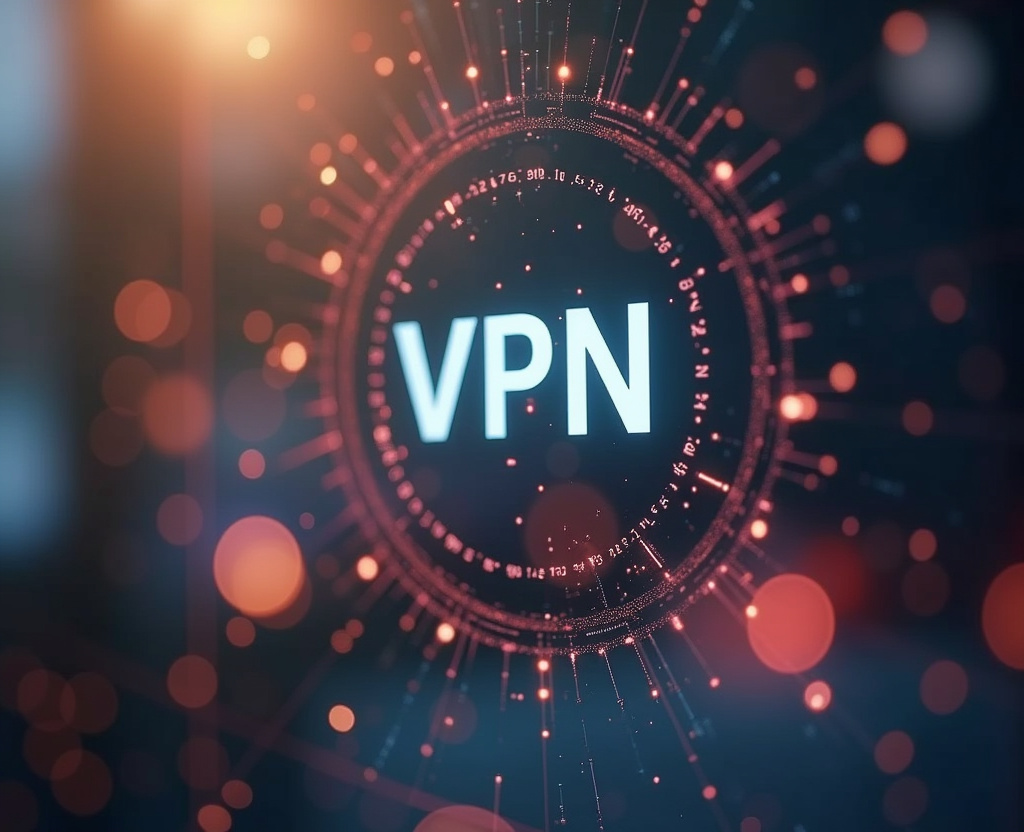
Table of Contents
internet restrictions
For international students embarking on their academic journey in foreign lands, the excitement of new experiences is often intertwined with the challenge of navigating unfamiliar digital landscapes. One of the most common hurdles faced is the presence of , varying drastically from country to country. These restrictions can manifest as blocked social media platforms, limited access to academic resources, censorship of news outlets, and geo-fenced streaming services.
For students accustomed to a more open internet environment, these limitations can be frustrating and significantly hinder their academic progress, social connections, and overall well-being. The ability to access information freely, communicate with loved ones across borders, and enjoy entertainment without limitations is crucial for a successful and fulfilling international student experience. Enter the Virtual Private Network (VPN), a powerful tool that empowers to circumvent these and enjoy , regardless of their location.
A VPN creates a secure, encrypted tunnel between a user's device and a remote server, masking their IP address and routing their internet traffic through that server. This process effectively hides their true location and allows them to appear as if they are browsing from a different country, bypassing geographical restrictions. Furthermore, the encryption employed by a VPN protects their data from prying eyes, ensuring even on public Wi-Fi networks, which are commonly used by students in cafes, libraries, and university campuses.
This combination of location masking and data encryption offers a vital shield against surveillance and censorship, allowing students to access the content they need and communicate freely without fear of monitoring. The optimal choice of a VPN hinges on an individual student’s specific needs and priorities, involving careful evaluation of factors like server locations, speed, security protocols, privacy policies, and cost. While some VPNs specialize in providing access to specific streaming services, others prioritize speed for seamless online gaming or downloading large files.
Similarly, security features like kill switches and strong encryption algorithms are essential for protecting sensitive data, while strict no-logs policies ensure that user activity is not tracked or stored. Therefore, it's important to conduct thorough research and compare different VPN options to find one that aligns with their individual usage patterns and security requirements. Beyond simply bypassing restrictions, a VPN also provides a vital layer of security, safeguarding against cyber threats and protecting personal information from being intercepted by malicious actors.
International students, often unfamiliar with the local cybersecurity landscape, can be particularly vulnerable to phishing attacks, malware infections, and data breaches. Using a VPN adds an extra layer of protection, making it more difficult for cybercriminals to target their devices and steal their personal information. Furthermore, a VPN can protect against snooping by malicious actors on public Wi-Fi networks, preventing them from intercepting sensitive data like passwords, credit card details, and personal communications.
Essentially, a VPN provides the digital equivalent of a secure, private room, allowing students to browse the internet and access online services with confidence and peace of mind. By weighing the various features and benefits of different VPNs, students can ensure they select the one that best enables them to thrive academically, socially, and personally in their new environment.
internet restrictions
The impact of on extends far beyond mere inconvenience. Academically, limited access to research materials, online libraries, and educational platforms can significantly hinder their ability to conduct thorough research, complete assignments effectively, and stay up-to-date with the latest developments in their field of study. Imagine a history student unable to access primary source documents or a science student blocked from accessing crucial research papers hosted on overseas servers.
These limitations not only impede their academic progress but also create an uneven playing field compared to their peers who have unrestricted access to information. Without a reliable VPN, international students might find themselves struggling to keep pace with coursework, missing out on important learning opportunities, and facing unnecessary academic challenges. Overcoming these obstacles requires proactive measures, like adopting VPN technology, to ensure equitable access to the resources necessary for success.
Socially, can isolate students from their families and friends back home. Being unable to connect on social media platforms, use messaging apps, or make video calls can lead to feelings of loneliness and disconnect, making it harder to adjust to a new culture and build meaningful relationships. The inability to share their experiences, seek support from loved ones, or simply stay in touch with familiar faces can negatively impact their mental health and overall well-being.
Regular communication is a cornerstone of maintaining strong family bonds and friendships, and VPNs facilitate this by bypassing restrictions that would otherwise prevent consistent connection across borders. This consistent interaction is a vital element in helping students combat feelings of homesickness and maintain their mental and emotional health. Moreover, access to news and diverse perspectives is crucial for developing a well-rounded understanding of global issues.
When students are restricted to only accessing news sources that are filtered or censored by the host country, their perspectives can become limited, preventing them from forming their own informed opinions. This lack of access to unbiased information can hinder their ability to engage in critical thinking and participate in meaningful discussions on current events. Exposing themselves to a wider range of sources helps them to be more discerning consumers of information, better understand the nuances of global events, and form their own, well-informed opinions.
This broader perspective is an essential asset in their academic and future professional lives. Choosing the right VPN requires careful consideration of several key factors. Server location is paramount; the more servers a VPN has in different countries, the greater the likelihood of finding a server that provides access to the desired content and offers optimal speeds.
Geographical diversity helps students access region blocked sports, entertainment and even communicate in a more secure way by routing traffic to a closer server in their region. For instance, a student studying in China who wants to access content from their home country might look for a VPN with servers in that region. Speed is also crucial, particularly for activities like streaming videos, downloading files, or participating in online lectures.
A slow VPN can lead to buffering, lag, and a frustrating user experience. Security features such as strong encryption protocols (e.g., AES-256) and a kill switch are essential for protecting data and preventing accidental exposure of the user's IP address if the VPN connection drops. A kill switch automatically disconnects the internet connection if the VPN fails, ensuring that no data is transmitted without the protection of the VPN tunnel.
unrestricted browsing
The quest for through often begins with understanding the various types of VPNs available. It's important to differentiate between free and paid VPN services, as well as understand the implications each carries in terms of security and performance. Free VPNs, while tempting due to their seemingly cost-effective nature, often come with significant limitations and potential risks.
Many free VPNs impose data caps, limiting the amount of data users can transfer each month, which can be severely restrictive for students who rely on the internet for research, streaming, and communication. Imagine an international student needing to download large research papers or participate in video conferences; a data cap could quickly become a significant impediment. They also tend to have fewer server locations, leading to slower speeds and increased congestion, as more users share the same limited resources.
Trying to stream a lecture or engage in real-time collaboration with peers can become a frustrating experience due to buffering and lag. Furthermore, free VPNs often monetize their services by displaying intrusive ads or, more concerningly, by tracking user data and selling it to third parties. This practice directly contradicts the very purpose of using a VPN, which is to protect privacy and security.
The very act of using a VPN to protect data becomes self-defeating if the VPN provider itself is collecting and selling that data. It’s therefore essential for students to be aware of the potential risks associated with free VPN services and to carefully consider whether the convenience of a free service outweighs the potential compromises to their privacy and security. In contrast, paid VPN services typically offer unlimited bandwidth, a wider range of server locations, faster speeds, and stronger security features.
They also tend to have stricter no-logs policies, ensuring that user activity is not tracked or stored. While requiring a subscription fee, paid VPNs generally provide a more reliable, secure, and private browsing experience. The assurance of unrestricted access, coupled with enhanced security measures, makes paid VPNs a worthwhile investment for students seeking to maximize their online experience and protect their personal information.
Furthermore, it's essential to scrutinize the privacy policies of any VPN service, regardless of whether it's free or paid. A reputable VPN provider will have a transparent and easily understandable privacy policy that clearly outlines what data is collected, how it is used, and with whom it is shared. Students should look for VPNs that have a strict no-logs policy, meaning that they do not track or store any information about user activity, including browsing history, IP addresses, and timestamps.
It's also beneficial to choose a VPN provider that has been independently audited by a third-party security firm to verify its privacy and security practices. These audits provide an extra layer of assurance that the VPN provider is adhering to its stated policies and is committed to protecting user privacy. By carefully evaluating the privacy policies and security practices of different VPN providers, students can make informed decisions and choose a service that aligns with their privacy expectations and security requirements, leading to .
Considering user reviews and expert opinions is also a strategic step in discerning a VPNs legitimacy and whether or not it adheres to a certain standard of quality.
internet restrictions
Beyond the core functionalities of bypassing and providing , a quality VPN offers additional features that can significantly enhance the online experience for . One such feature is a built-in ad blocker, which can block intrusive advertisements and trackers, leading to a cleaner and faster browsing experience. Ads not only disrupt the flow of content but also consume bandwidth and can potentially expose users to malicious websites.
By blocking ads, a VPN can improve page loading times, reduce data usage, and enhance online security. Many VPNs also offer protection against malware and phishing attacks, scanning websites and files for malicious content and blocking access to known phishing sites. This feature provides an extra layer of security, protecting students from downloading harmful software or falling victim to online scams.
Given that students often rely on public Wi-Fi networks, which are particularly vulnerable to cyberattacks, this added layer of protection can be invaluable. Split tunneling is another useful feature that allows users to selectively route traffic through the VPN tunnel. This means that students can choose which applications or websites use the VPN connection, while others connect directly to the internet.
For example, they might use the VPN to access restricted academic resources while allowing their local banking app to connect directly to the internet for faster transaction speeds. Split tunneling offers greater flexibility and control over internet traffic, optimizing both security and performance. Furthermore, some VPNs offer specialized servers optimized for specific activities, such as streaming or downloading.
These servers are designed to provide faster speeds and more reliable connections, ensuring a smooth and seamless online experience. For example, students who enjoy watching movies or TV shows can connect to a streaming-optimized server to bypass geo-restrictions and enjoy high-quality video playback without buffering. Similarly, students who need to download large files can connect to a download-optimized server to achieve faster download speeds.
These specialized servers can significantly enhance the online experience, making it easier and more enjoyable to access the content they need. A user-friendly interface is also crucial, particularly for students who are not tech-savvy. A VPN with an intuitive interface and simple controls makes it easy to connect to a server, adjust settings, and manage their VPN connection.
The ease of use ensures that they can quick and easy to secure their traffic and browse without . Clear instructions and helpful tutorials can further simplify the process, empowering students to take control of their online security and privacy. Moreover, reliable customer support is essential for addressing any technical issues or questions that might arise.
A VPN provider with responsive and knowledgeable customer support can provide timely assistance, helping students resolve problems quickly and efficiently. Whether it's troubleshooting connection issues or configuring advanced settings, having access to reliable customer support can make a significant difference in the overall user experience.
international students
In conclusion, VPNs are indispensable tools for seeking to navigate and maintain while studying abroad. The ability to bypass censorship, access geo-restricted content, and protect personal information from cyber threats is crucial for academic success, social integration, and overall well-being. By providing , VPNs empower students to access the resources they need, connect with loved ones, and explore the world without limitations.
Choosing the right VPN, however, requires careful consideration of factors like server location, speed, security features, privacy policies, and cost. Free VPNs, while seemingly attractive, often come with significant limitations and potential risks, including data caps, slower speeds, intrusive ads, and potential data logging. Paid VPN services, on the other hand, typically offer unlimited bandwidth, a wider range of server locations, stronger security features, and stricter no-logs policies.
Investing in a reputable paid VPN is a worthwhile investment for students seeking a reliable, secure, and private browsing experience. Furthermore, it's essential to scrutinize the privacy policies and security practices of any VPN service, regardless of whether it's free or paid. A reputable provider will have a transparent privacy policy, a strict no-logs policy, and will have undergone independent security audits.
Considering the additional features that come with VPN services can greatly benefit the user as well. Features such as add blockers and specialized servers cater to different audiences but are greatly appreciated overall. Beyond the technical aspects, it's important for to be aware of the legal implications of using a VPN in their host country.
While VPNs are legal in most countries, some jurisdictions have restrictions on their use, particularly for accessing specific types of content. It's therefore essential to research the local laws and regulations regarding VPN usage before connecting to a VPN server. While a VPN provides a strong layer of defense against cyber threats and censorship, it’s not foolproof.
Maintaining good cybersecurity hygiene is still essential. This includes using strong passwords, avoiding suspicious websites and emails, keeping software up to date, and being cautious about sharing personal information online. A VPN should be seen as one component of a comprehensive cybersecurity strategy, rather than a complete solution.
Ultimately, the decision to use a VPN and which VPN to choose is a personal one that should be based on individual needs and preferences. By carefully weighing the various factors discussed in this article, can make informed decisions and choose a VPN that empowers them to thrive in their new academic environment, enjoy the benefits of , and maintain a safe and secure online presence. Being responsible digital citizens and understanding the tools available for will allow them to make the most of their educational journey abroad.
Stay Updated
Get the latest VPN news, tips, and exclusive deals to your inbox.
